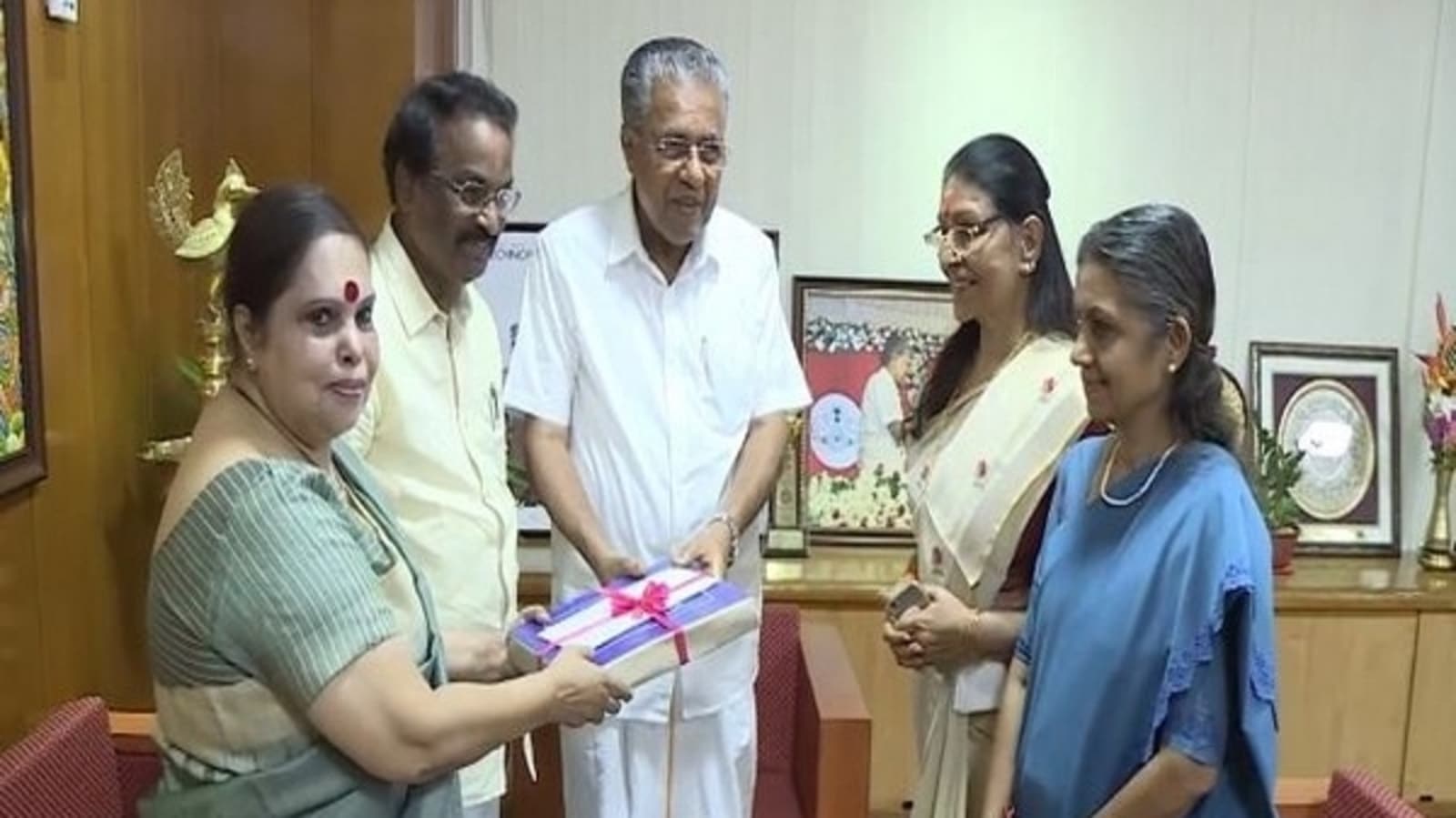Shocking findings by Justice Hema committee on the conditions of women in the Malayalam cinema have ignited a debate on gender equality and exploitation in the workplace.
The committee was formed in response to a petition by the Women in Cinema Collective (WCC), in the wake of a sexual assault on a woman actor inside a moving vehicle in Kerala. Actor Dileep is currently facing trial in the case.
The Hema Committee was tasked with studying issues faced by women in cinema, including working conditions, remuneration, and participation in technical fields. It was also asked to suggest measures to ensure gender equality and improve safety and security.
It faced significant challenges like contacting individuals from the industry, a lack of key personnel like a stenographer, and delays by key individuals in responding to the committee’s queries.
Findings by the committee
According to women in cinema, the harassment starts from the very inception, the report notes based on the statements of various witnesses.
Lack of toilet facilities and safe changing rooms: The report notes a lack of adequate toilet facilities for women in particular and suggests setting up e-toilets in sufficient numbers.
Women actors do not feel safe due to the lack of safe changing rooms and the report recommended setting safe temporary changing rooms in every filming location.
Adjustment and compromise: When a production controller or whoever approaches the woman/girl with a role or a woman approaches any person in cinema seeking a chance, she is told that she has to make “adjustments” and “compromise” to take her in cinema and also “grow to heights”.
“Compromise” and “adjustment” are two terms which are very familiar among women in the Malayalam film industry and they are asked to make herself available for sex on demand,” the report notes.
Knock on the door: Women actors are accompanied by their friends or close relatives as they do not feel safe staying alone in their accommodations.
“In most of the hotels where they are staying, the doors are knocked by the men working in cinema who would be mostly under intoxication. Many women have stated that knocking will not be polite or decent but, they repeatedly bang at the door, by force. On many occasions, they felt that the door would collapse and men would make an entry into the room by force”, the report said.
The report also notes an instance where an actress had to act as a wife to a male actor, who had sexually assaulted her before. “Because of what was done to her during the shooting, her resentment and hatred had reflected on her face. 17 retakes had to be taken for just one shot. The director criticised her for the situation”, notes the report.
Greater the stardom, more the embarrassment: It notes that victims of sexual assault do not report to the police for fear of threat to their lives and also serious consequences to their family members. “They are more embarrassed than ordinary women because they are public figures who can be subjected to various harassment including cyber attacks. Even those men who ask why not the woman go to the police would know that if any sexual assault is made against any woman in their own family, nobody rushes to the police station with the complaint,” the report adds.
Power nexus – The report alleges that an all-powerful nexus comprised of a handful of producers, directors, actors, and production controllers control the industry. “When sexual harassment is perpetrated by someone in the power nexus, the women are too scared to complain lest they should be ousted not just from that particular movie in which the incident happened, but from all movies produced by others too, thus leading to termination of their careers,” the report notes. Several aspiring actors, including men, have been victims of this power nexus.
Begging for full remuneration: The committee notes an absence of a written contract except in cases of top stars. Women and junior actors are not paid their full wages and they find it difficult to enforce wage obligations due to lack of written contracts. The report also mentions an instance when a female actor had to beg to get her rightful wage.
The report concludes that addressing these issues is not just about ensuring justice for women but also about creating a more equitable and inclusive film industry in Kerala.

Ananya Das is your guide to the latest trends, viral sensations, and internet phenomena. Based on a keen understanding of digital culture, Sophie navigates the ever-evolving landscape of trending topics. With an insightful and engaging approach, she explores what’s buzzing across social media platforms, ensuring readers stay in the loop with the most talked-about and shareable content online.


